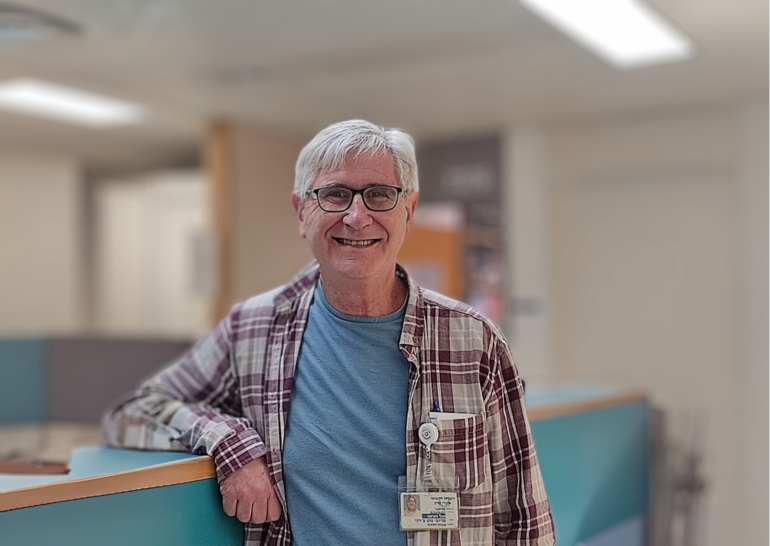Recent studies show how digital health apps enhance the patient experience, and improve multiple quality of life domains and in some cases, adherence to treatment, but their integration into the healthcare system is still a challenge
One of the ways that digital health apps can be used in the care pathways of our patients is to provide programmes of education, self-management and supportive care at a distance, so that patients can help themselves to better manage their disease symptoms and any treatment side effects, as well as encourage them to engage in healthy lifestyle choices. The concept of personalised education and supportive care is not new – for instance, traditional telehealth has been used for a long time as a means of monitoring individual patients remotely – however, a key challenge has been the implementation of broader and more comprehensive interventions that are tailored to a patient’s specific needs.
In the ESMO Expert Consensus Statements on Cancer Survivorship published in 2022, key patient-centred cancer survivorship research priorities identified by the panel of experts were to gain an understanding of the needs and preferences of patients with cancer and develop innovative and effective interventions – including early survivorship needs at the point of diagnosis – and incorporate these into digital resources.
Study results at the ESMO Congress 2023 (Madrid, 20–24 October) may help improve our understanding of patient needs when it comes to digital resources. The multicentre, randomised, controlled DISCO trial (LBA22), for instance, is one of a growing number of clinical trials to incorporate lifestyle interventions – in this case physical activity – in their design. The phase III study is evaluating the use of physical activity interventions administered via a web-based connected device, patient education, a combination of both interventions, or usual care. Uniquely, this trial will enable us to dissect the individual contribution of each intervention on physical fitness and activity level, body composition and quality of life. In this context, if the trial enables us to examine the uptake of the different interventions, we can learn from this to personalise the interventions offered to patients.
Interventions to help patients adhere to cancer treatment can also be beneficial, as shown in the prospective, randomised, controlled IMPACT study evaluating a standardised teaching tool designed especially to educate and coach patients receiving oral treatments (the Multinational Association of Supportive Care in Cancer [MASCC] oral agent teaching tool, or MOATT) and local routine patient coaching (Abstract 378O). The probability of patients with advanced breast cancer permanently discontinuing oral abemaciclib plus endocrine therapy in the first 6 months of treatment was reduced by approximately 40% by following the MOATT education and coaching tool compared with routine patient coaching. This study shows that when we add an educational component to a coaching component – as included in MOATT – we really empower patients and help them to remain on treatment. As non-adherence to oral therapy is often multifactorial (Support Care Cancer. 2020;28:4043–4050), I think this study reinforces the idea that a multifactorial problem requires a multifactorial intervention.
Some digital technologies allow patients to self-manage the side effects of cancer and its treatment, and one such example is the Untire app, designed to help patients manage their cancer fatigue. The results of a prospective, randomised, group-controlled study presented at the Congress show that use of a German-language version of the Untire app, which incorporates elements of cognitive behavioural therapy, relaxation techniques and lifestyle tips, led to a reduction in fatigue levels and an improvement in disease-related quality of life that were clinically significant compared with standard care over a 12-week period (Abstract 1861P). It is reassuring that this study revalidates the findings of the original randomised controlled trial of the Untire app (Psychooncology. 2020;29:1823–1834), in that a decentralised digital technology is capable of delivering clinically relevant improvements to patients living with cancer-related fatigue.
While these results are positive and show what can be achieved with digital technology, a key challenge will be to integrate the myriad apps and innovations into a seamless, comprehensive care pathway that our patients can navigate easily. There is also the issue of implementing a technology into a country’s healthcare system, bearing in mind the challenges of reimbursement, and integration into electronic medical records databases and patient care pathways.
Personalised digital health technologies tailored to reflect the unique medical history of the patient, their individual risk factors and their literacy skills, will offer the potential for patients to be more proactive in their own care. Importantly, these tools have the capability of reaching patients worldwide and in some instances, could help alleviate the burden on overwhelmed healthcare systems.
Abstracts discussed:
Welslau MK, et al. Persistence under abemaciclib and endocrine treatment (ABA+ET) in patients with advanced breast cancer (aBC) – first results of the randomized IMPACT trial comparing patient coaching with the MASCC Oral Agent Teaching Tool (MOATT) versus local routine patient coaching (LC). ESMO Congress 2023, Abstract 378O
Proffered Paper Session – Breast cancer, metastatic, 21.10.2023, h. 10:15 – 11:35, Barcelona Auditorium – Hall 9
Spahrkäs S. A randomized controlled trial on the efficacy and safety of the UNTIRE app for moderate-to-severe cancer-related fatigue in German patients. ESMO Congress 2023, Abstract 1861P
Poster Display, 21.10.2023, Hall 8
Fervers B, et al. Connected device and therapeutic patient education to promote physical activity among in women with localized breast cancer: results from the DISCO randomized trial. ESMO Congress 2023, LBA22
Mini Oral Session – Breast cancer, early stage, 23.10.2023, h. 16:30 – 18:00, Bilbao Auditorium – NCC





